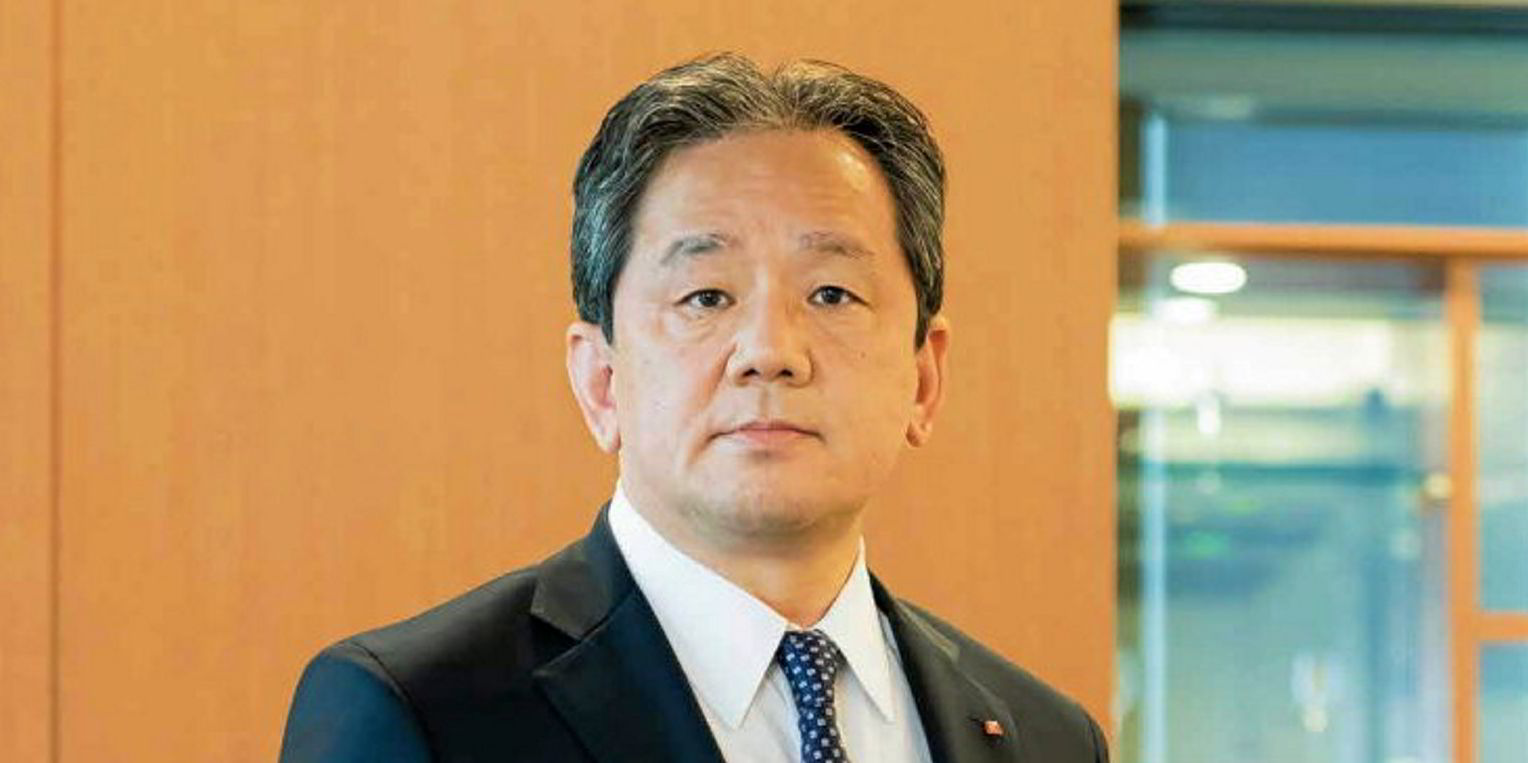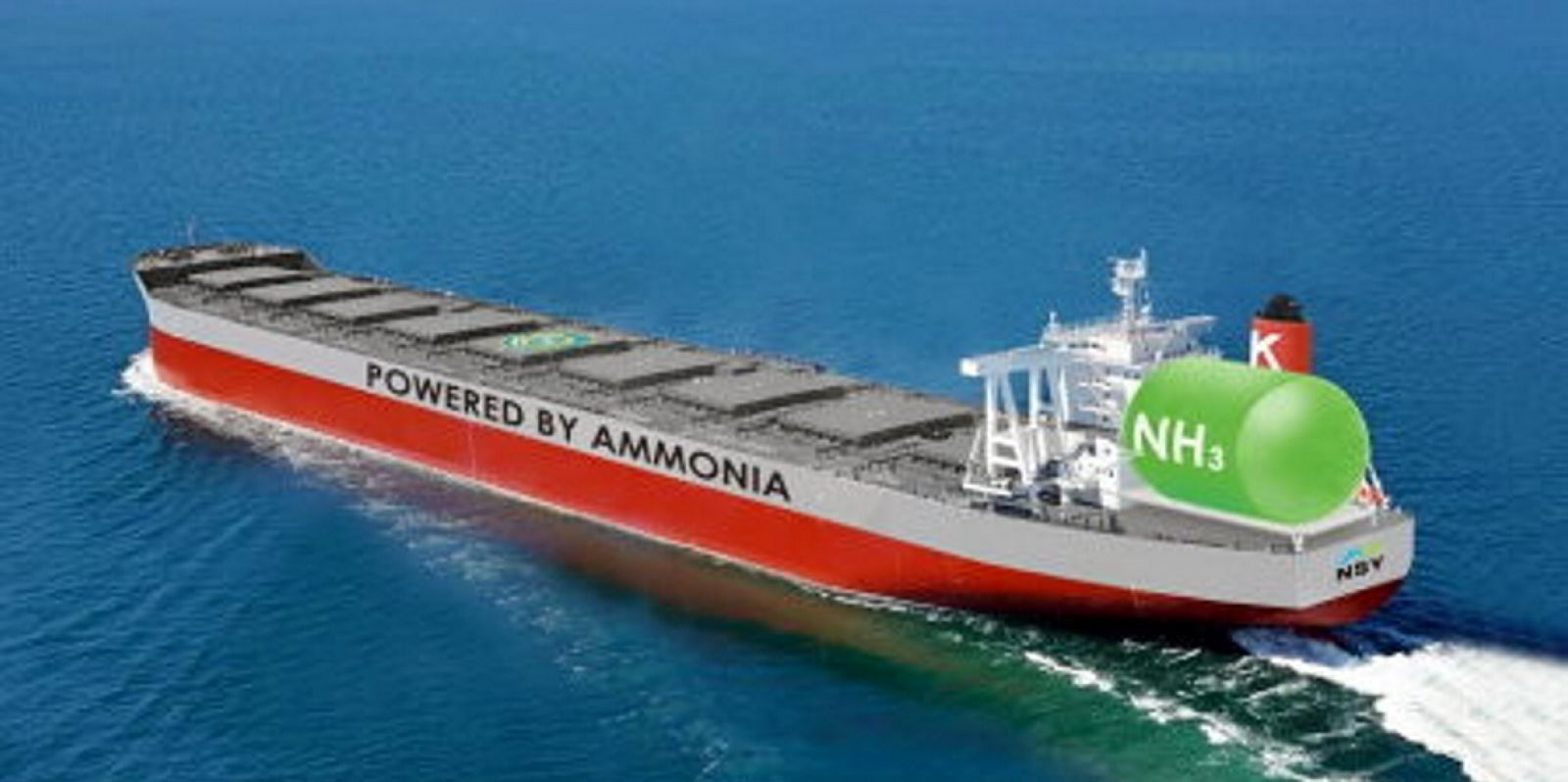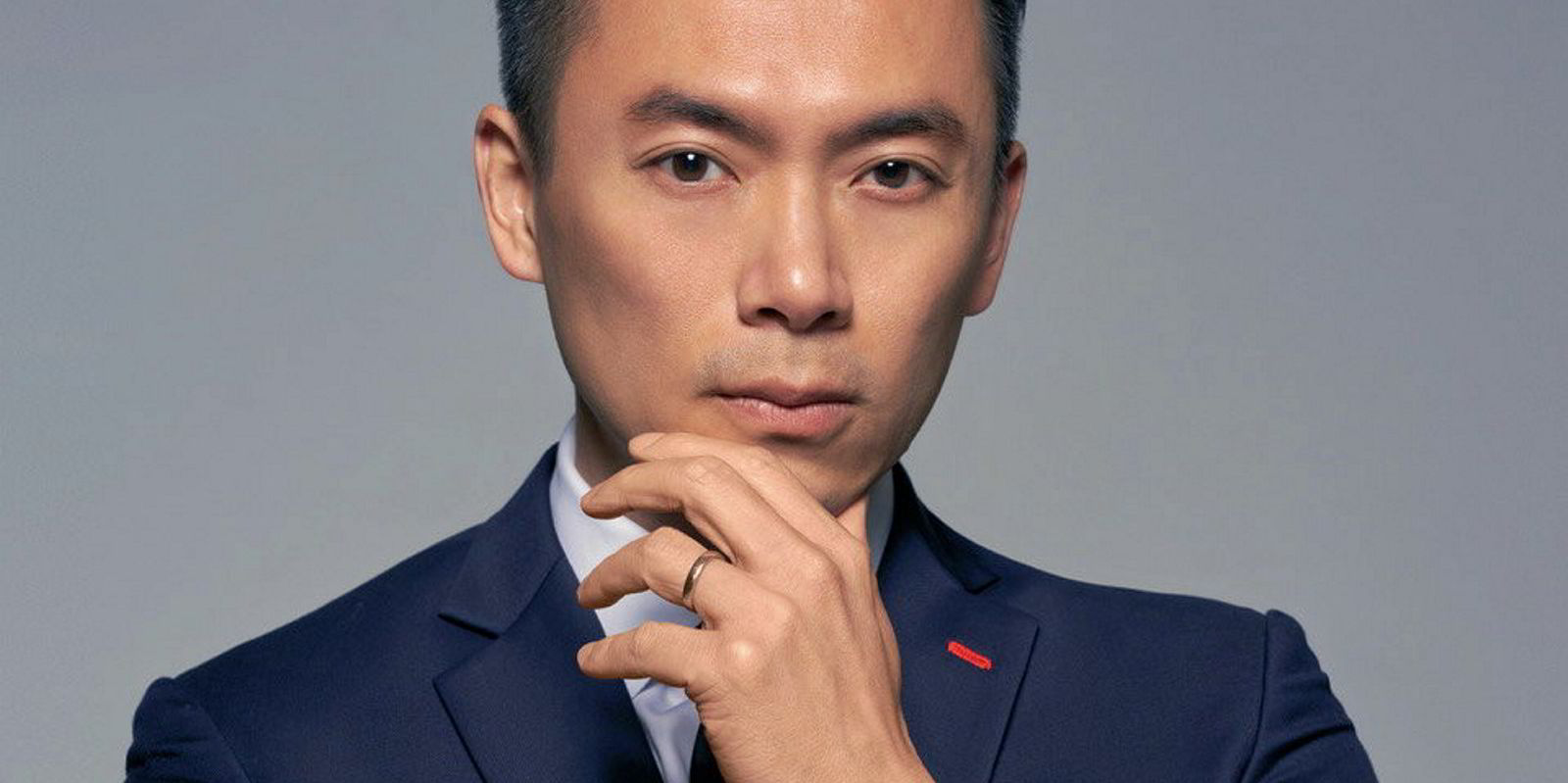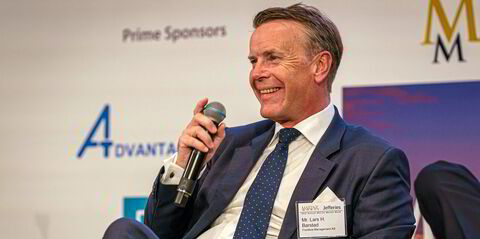K Line has said this year’s financial performance is set to be the “best ever”, according to chief executive Yukikazu Myochin.
Speaking in his 2023 annual New Year message he said efforts made in the previous fiscal year to restore cost competitiveness through structural reforms were “bearing fruit”.
He said this included fleet downsizing and the disposal of under-performing business, as well as the “unrelenting efforts” of each business unit to improve profitability.
“In the container ship segment, where market conditions were particularly robust in the first half of the year, the best practices of the three companies became apparent and the effects of the integration were greatly demonstrated,” Myochin said.
He also reaffirmed that K Line would maintain its investment discipline to “avoid repeating the mistakes of the past”, and that shipping will remain K Line’s mainstay business domain.
Myochin said K Line’s capital policy is to return ¥400bn ($3.1bn) to ¥500bn to shareholders over the five-year period of the Medium-term Management Plan
“In addition to the dividend increase in fiscal 2022, we have announced and implemented a total of ¥100bn in share repurchases as an additional measure to return profits to shareholders,” he said.
“Moving forward, we will continue to maintain an awareness of our optimal capital structure, ensure capital efficiency and financial soundness, make the investments necessary to increase corporate value based on cash flow, and actively pursue shareholder returns, including share repurchases.”
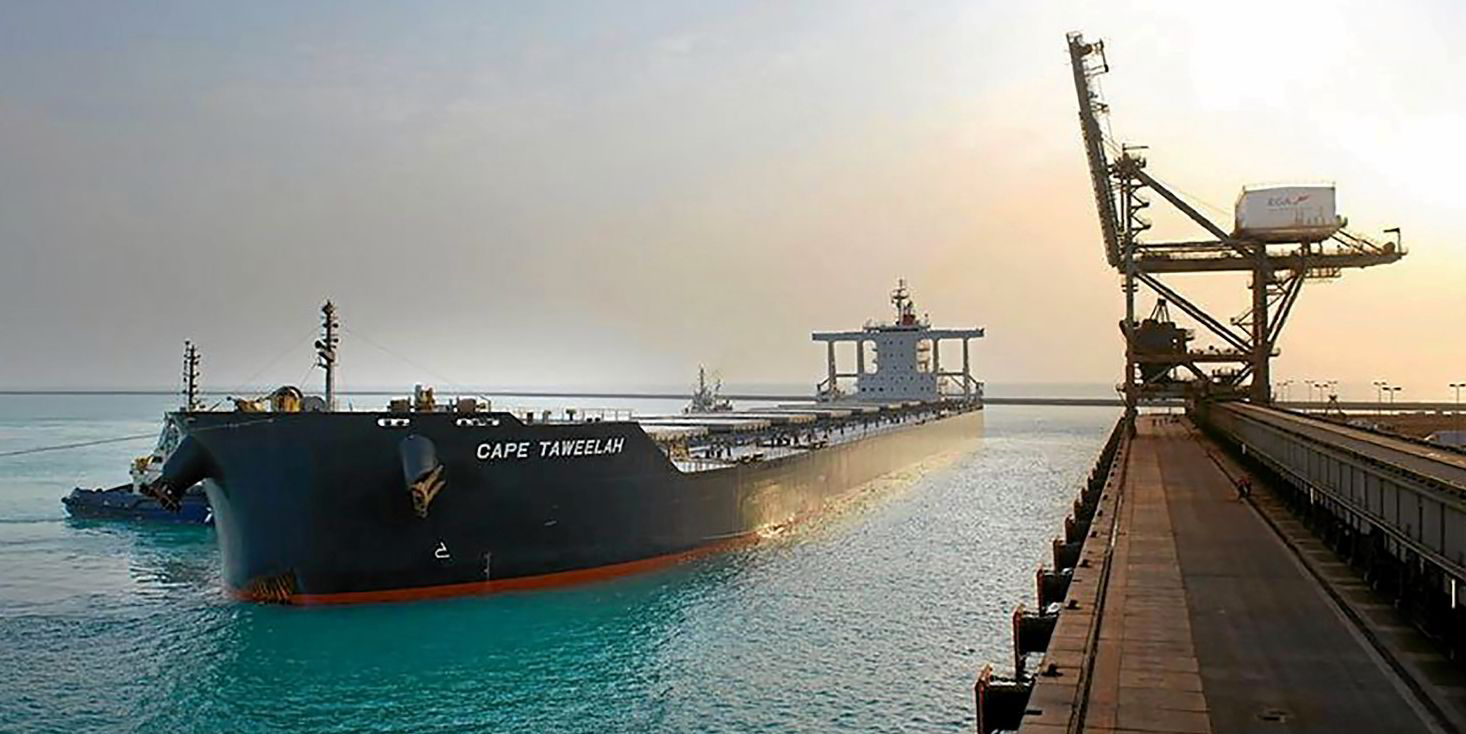
Myochin said K Line planned to further refine the business areas where it can best leverage its strengths as a group and concentrate its management resources on three businesses that will play a leading role in driving growth, namely the carriage of coal and iron ore, car carriers and its LNG carrier businesses.
In the LNG carrier business, Myochin said K Line was “steadily capturing demand in the expanding Asian market, having signed a long-term time charter contract and a shipbuilding contract for 12 LNG carriers for the state-owned QatarEnergy, and completed two LNG carriers for the Malaysian state-owned oil and gas company the Petronas”.
In the car carrier business, he said that in addition to expanding transport capacity by increasing the size of vessels, K Line will proactively ascertain fuel conversion needs, including the introduction of zero-emission vessels that use LNG fuel and alternative fuels.
“At the same time, we are also working to capture demand in the new and expanding Asian market, including from emerging battery electric vehicle (BEV) manufacturers, and steadily increasing the volume of high and heavy cargo,” he said.
Looking at the immediate business environment, Myochin said a variety of “unclear and uncertain situations” have emerged that could have a significant impact on economic activities.
These include the protracted crisis in Ukraine triggered by Russia and the resulting surge in energy resource prices; the review of monetary easing measures in response to strong inflation and rapid interest rate hikes; and the direction of China’s zero-covid policy.
Myochin said this continues to make future demand “very difficult to ascertain”.
“While there is no need to be overly pessimistic about the current uncertainties, in order for us to make further progress, each and every one of our executive officers and employees must be keenly aware of changes in the social situation, always keep in mind our strengths and what is required of us as a shipping company, and be determined to create new value by improving the services and technologies unique to our group in order that we will be chosen by our customers,” he said.
